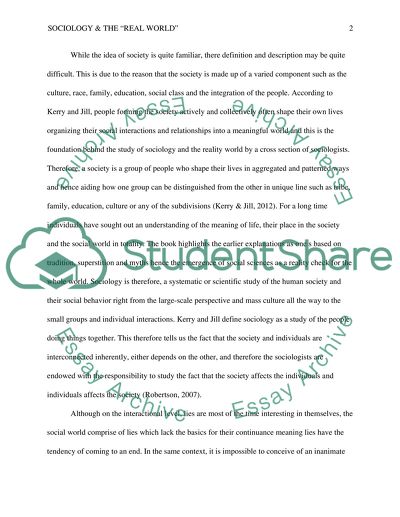Cite this document
(“Chapter 1: Sociology & the Real world Research Paper”, n.d.)
Retrieved from https://studentshare.org/sociology/1462705-chapter-1-sociology-the-real-world
Retrieved from https://studentshare.org/sociology/1462705-chapter-1-sociology-the-real-world
(Chapter 1: Sociology & The Real World Research Paper)
https://studentshare.org/sociology/1462705-chapter-1-sociology-the-real-world.
https://studentshare.org/sociology/1462705-chapter-1-sociology-the-real-world.
“Chapter 1: Sociology & The Real World Research Paper”, n.d. https://studentshare.org/sociology/1462705-chapter-1-sociology-the-real-world.


